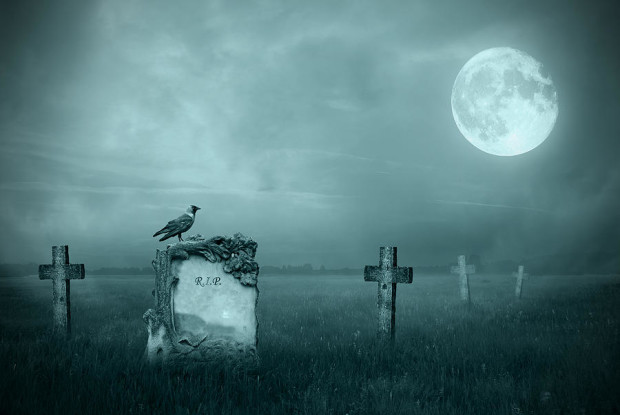You have no items in your cart. Want to get some nice things?
Go shopping
My uncle is dying.
It’s an ongoing process. My mother sends me an email that says “We have no idea how long he will live”, and I start to write another email, one to send to him. My aunt will read it aloud to him. The not knowing is so strange. You hope for the best, or at least for the better (there is no best with aggressive multiple myeloma), and make your plans for the worst, gambling that it’s better to be prepared than to look slightly foolish if your preparations turn out to be premature.
The French have no word for this. They have the idea, of course, but there’s no way for them to distinguish between “[verb]s” and “is [verb]ing”. The difference of implication–that one is a discrete event while the other is continuous–is lost. One can say “il mort”–he dies–but not “he is dying”. You could say, perhaps, “il est en train de mourir”, he is in the middle of dying, as though death were a peach pie and he is up to his elbows rolling out its pastry. He is not French, but I think in French sometimes, and its peculiar characteristics are a good way to distract myself from the fact that he is dying.
*
I have just finished reading a book called Ruby, by an author called Cynthia Bond. It’s been shortlisted for the Baileys Prize, which is why I’ve got it. It is a harrowing, horrifying book, its 300 pages crammed with Satanism and the rape and murder of children. It’s like A Little Life, but condensed; with the former, you can go for several hundred pages without too graphic a description of the abuse that can be perpetrated upon a small body. I worried that Ruby would give me nightmares, but it has not.
What it has given me is a renewed consciousness of the fact that I could kill. Easily. I would not find it hard. I’ve known this for a while. I went to Inveraray Castle with my godmother and her husband last fall, and we wandered around its open rooms, including a two-storey hallway packed to the rafters with pikes as long as my arm span. Each one had a tuft of fabric at the top of its handle, like the fluffy ornamental ends of a curtain tie. They were all a sort of rusty brown-red. An informative note on the wall told us that they had functioned as sponges, to sop up the blood of the people you’d just speared as it ran down the shaft. I looked at them, from wicked blade-point to solid handgrip, and imagined wielding one in an electrifying rush of energy and terror and rage and determination. Sufficiently possessed by fear, I thought, I could slice through flesh like butter.
The same is true of anger. I read on the Tube, and walking to work, about the brutal and awful injustices visited upon little Black girls, and my hands shake. Faced with the men who do such things, I could kill them. I would slit their throats and let them bleed. I would not feel remorse.
It is spring, and there are cherry trees flowering in pink powderpuffs all over the churchyard by the Tube station, and I am walking through Tuesday morning dreaming of vengeance. It’s disturbing to find such wells of darkness in yourself.
*
It is spring, and the cherry trees are flowering. It’s the wrong time of year for dying. It’s the wrong time of year for darkness to blossom in my brain. I should be reading The Enchanted April, or The Secret Garden. I should be reading Gerard Manley Hopkins, with his “all things counter, original, spare, strange”, or Dylan Thomas talking about the green fuse and the flower.
Or maybe I should be thinking of Shakespeare, whose birthday it just was. I don’t go in much for the commemoration of authors’ centenaries. If they’re worth reading, they’re worth reading whenever you feel like it. But the birthday celebrations have reminded me, at least, that Shakespeare has plenty to say. He feels like a curiously present entity, whispering in my ear. Or maybe that’s just Prospero. I wouldn’t be the first to confuse the two. “We are such stuff,” he says, “as dreams are made of; And our little life is rounded with a sleep…”
It is the same sentiment, more or less, as the one in the Book of Common Prayer that has haunted me for years: “In the midst of life we are in death.” It is here among the flowering cherries. It is here in the warmer air. It is here at noon, as well as at midnight. And it is only sleep.

About Eleanor Franzen
Eleanor Franzén is a London-based writer and editorial assistant. She blogs about books at Elle Thinks (https://www.ellethinks.wordpress.com).




